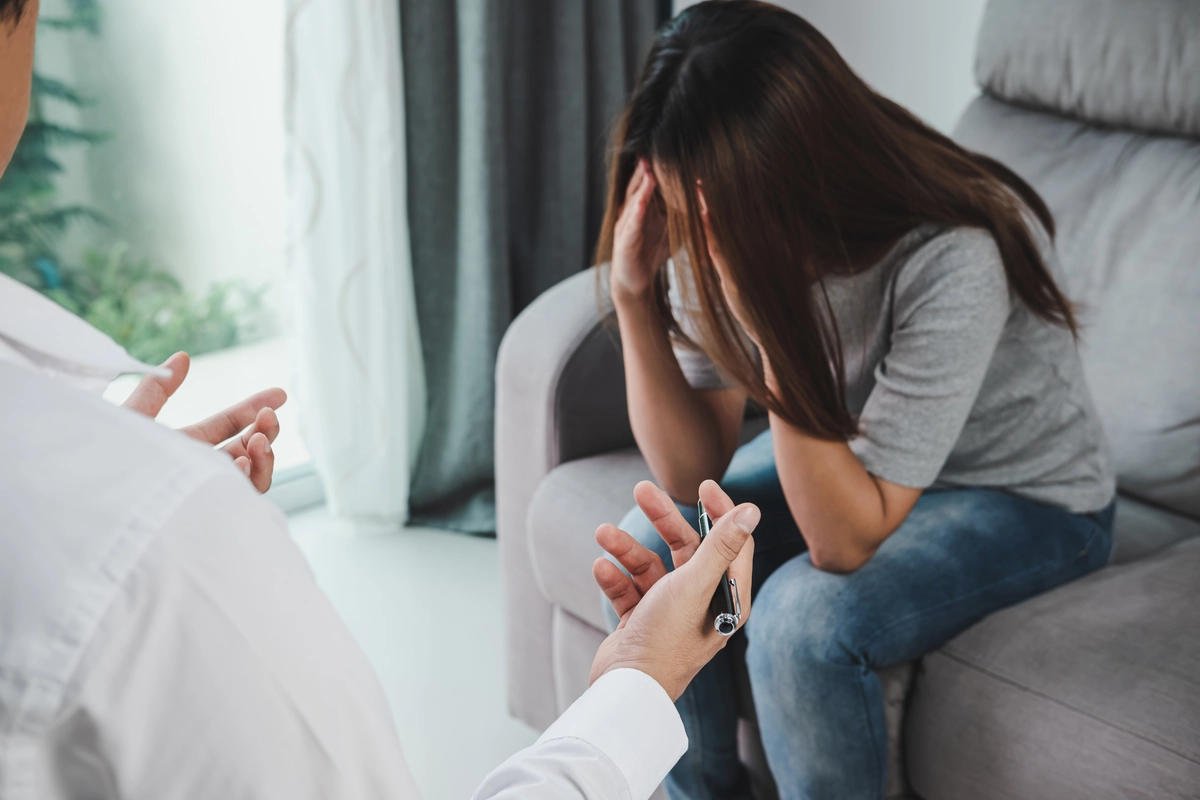24/7 Helpline:
(866) 899-221924/7 Helpline:
(866) 899-2219
Learn more about Opioid Rehab centers in Bee County

Other Insurance Options

Choice Care Network

Kaiser Permanente

Ceridian

BHS | Behavioral Health Systems

Magellan

Medical Mutual of Ohio

Highmark

EmblemHealth

Sliding scale payment assistance

WellPoint

Premera

Absolute Total Care

Private insurance

Health Choice

ComPsych

Regence

Lucent

Magellan Health

Coventry Health Care

Self-pay options





















































Council on Alcohol and Drug Abuse – Coastal Bend
Council on Alcohol and Drug Abuse – Coastal Bend is a private rehab located in Beeville, Texas. Coun...






















